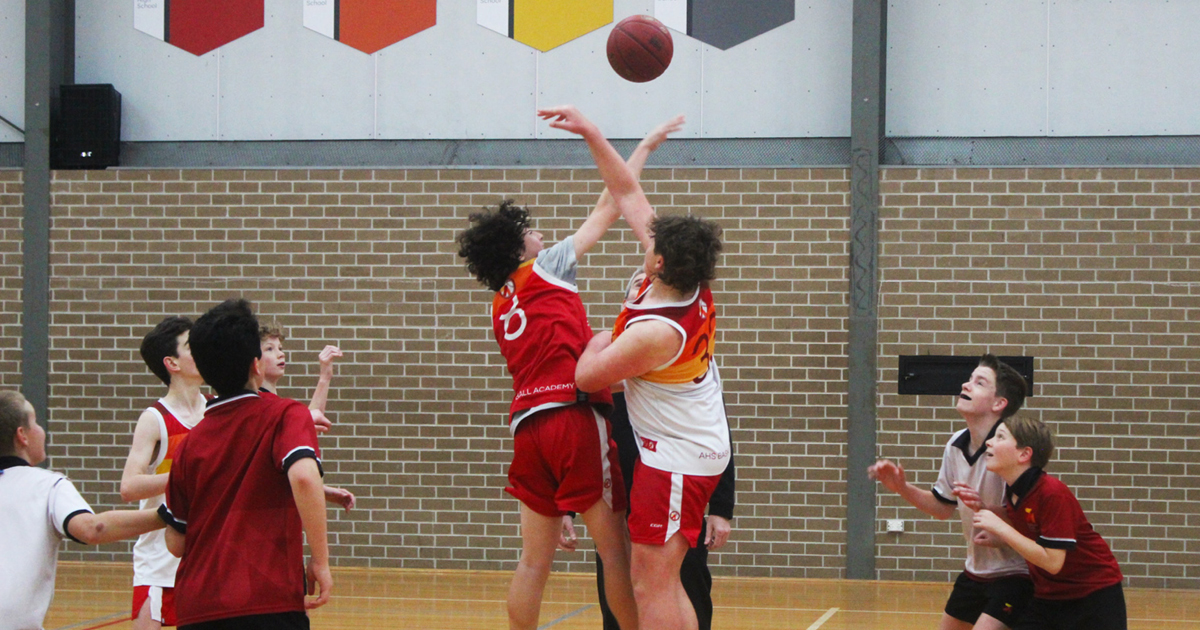25 Years of Chase Basketball
Chase Basketball proudly celebrates 25 years of empowering young athletes and strengthening the basketball community. Thanks basketball and Chase families!
Games can feel like everything. Athletes train hard to put their skills to the test on game day.
But what happens if you don’t get the opportunity you think you deserve?
As coaches, the value players (and even parents) place on court time is seen. But, the true value in basketball, and all team sports, is not just about competition.
We train basketball athletes to hone their skills, but to also teach teamwork, sportsmanship, analytical thinking, how to lose and how to manage emotions. Coaches’ roles are extensive, with court time being a very small aspect of a good basketball team.
Being on the court during games reflects how well you are doing at picking up these broad skills, not just your own basketball ability.
Director of Operations at Chase Basketball and coach of all levels of the game, Ellen Parry, is constantly managing many different scenarios and options whilst coaching.
“There are a variety of factors that influence players court time including in game performance, training habits, training attendance, injuries, foul trouble, on court positions, team match ups and fatigue. As you advance in the sport and start playing representative basketball, coaches have to make more and more strategic choices.”
If you feel like you or your child are playing and training well, but are not getting the court time you want, there are steps you can take before approaching the coach. This is a time to self-reflect, look at the ways you are training and see if you can improve in the other aspects of the game.
“Staying engaged with your team, especially at trainings, will be noticed,” says Coach Ellen.
“I am also looking for dedication to training sessions, how active a player is on the bench by being vocal and encouraging, and how hard they are playing when on the court. My starting five in representative and domestic is always based on training attendance and positions. If you don’t train, you don’t start.”
Your coach is there for you if you need them. If feel it is time to seek their advice, we suggest you approach them with an understanding of their role and a desire to improve. In all sports, difficult decisions have to be made. The backing of the team and its supporters will give your coach the confidence in the game to make the right calls.

Chase Basketball proudly celebrates 25 years of empowering young athletes and strengthening the basketball community. Thanks basketball and Chase families!
Chase is excited to announce a new partnership with the Melbourne Central Basketball Association (MCBA), a collaboration that will further strengthen basketball development at Melbourne Sports and Aquatic Centre (MSAC).
Learn about the five most common injuries for junior basketball players and how to best to manage them.
Chase athletes and Coaches who have been awarded for their dedication, skill and progress in VJBL for 2024.
For parents, the school holidays can be a stressful time. Find out why you should choose Chase Basketball Holiday Camps and give yourself well deserved time off this holiday break.

Melbourne’s Basketball Coaching Specialists.